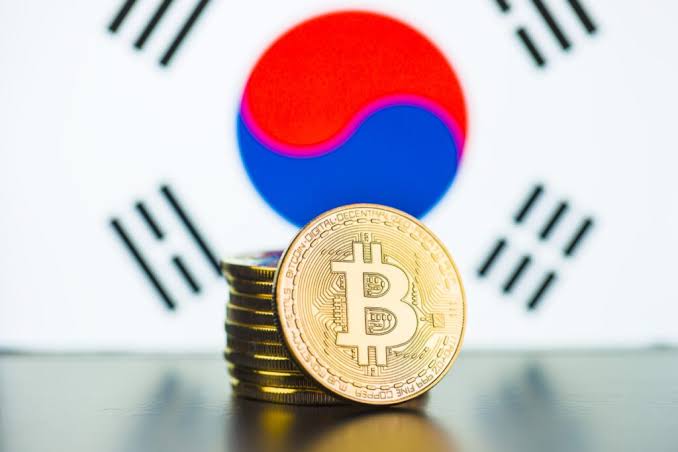The South Korean government is implementing new regulations requiring officials to disclose their Bitcoin holdings.
The National Assembly of South Korea has unanimously passed a bill requiring lawmakers and high-ranking public officials to disclose their crypto assets.
The new bill was passed during a plenary session on May 25, according to the local news agency News1.
The bill included amendments to the National Assembly Act and the Public Service Ethics Act, according to the report.
The amendment to the National Assembly Act was passed unanimously with 269 votes from 269 present lawmakers.
The amendment to the Public Service Ethics Act was approved by 268 of the 268 current legislators.
The National Assembly Act was amended on May 22 to include cryptocurrency on the list of registered property for lawmakers.
The amendment to the Public Officials Ethics Act requires high-ranking public officials and members of the National Assembly to disclose their cryptocurrency holdings.
The most recent legal developments in South Korea are a response to a significant government scandal involving the transfer of large amounts of cryptocurrency by National Assembly members.
Kim Nam-kuk, a former member of South Korea’s main opposition Democratic Party, was discovered to have held at least $4.5 million in crypto assets on the Wemix exchange in early May.
Immediate concerns were raised regarding possible money laundering, conflicts of interest, and the use of inside information.
The South Korean government responded swiftly by initiating a legal initiative known as the “Kim Nam-guk Prevention Law.”
As with cash, stocks, bonds, gold, and other assets, senior officials must include all crypto holdings exceeding $760 in their wealth disclosures.
Initially, the new law was anticipated to take effect in December 2023, following a six-month grace period. However, some legislators, including People Power Party Representative Yun Jae-ok, have urged that the change be implemented by July.












